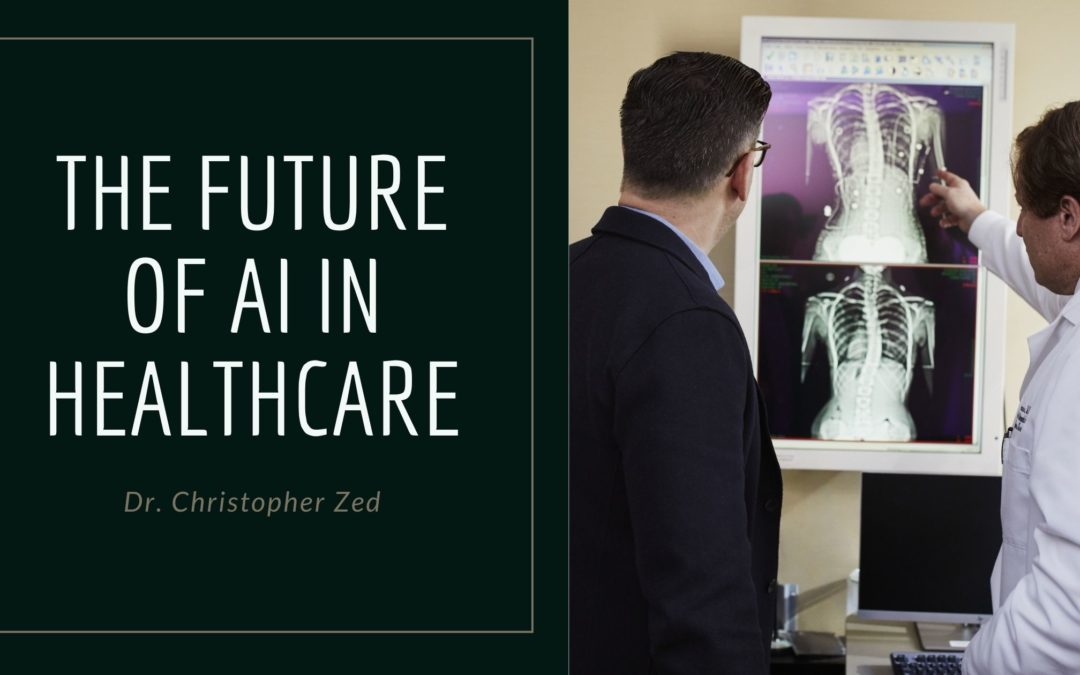With technology rapidly getting better, it’s no wonder that many try to look at how it will impact various industries going forward, especially when it comes to artificial intelligence. To the uninitiated, AI might sound like something out of a sci-fi movie that could potentially have harmful effects on mankind. In reality, AI is something that is used pretty much every day and in all aspects of life. One industry that has made great use of AI and will only continue to use it is healthcare. AI is used to make healthcare better at every level, and while we don’t have a concrete answer to how it will affect the industry going forward, we do know that it will be bigger and better than ever as time passes. Here are a few ways AI is used in healthcare and how it might impact the industry going forward.
For Patients
Like many industries, healthcare has a goal to improve the patient experience from start to finish and AI is at the center of that. One great example of how artificial intelligence is being used in healthcare is the use of virtual health assistants. As we know, doctors and other healthcare professionals tend to be very busy, meaning they can’t always get back to their patients in a timely manner. These virtual health assistants can use different techs such as cognitive computing and augmented reality in order to give each patient a personalized experience that allows them to ask the questions they’re seeking answers to as well as better manage their health. On top of that, AI is often used for scheduling appointments or helping patients get their medications refilled. Going forward, it can only be assumed that these technologies will improve and allow patients to have even more control over their own health.
For Doctors
While AI is being used in more common capacities for patients, doctors themselves are utilizing it in a number of ways as well. For example, many doctors are using AI-enabled imaging systems that use deep learning to provide a more accurate and faster image reading in the form of CT scans, MRI exams, and x-rays. AI is also being used in preventative care measures by collecting data from genetic information, advanced electronic health systems, and wearable devices such as smartwatches or Fitbits. Artificial intelligence in these forms allows doctors to provide their patients with more accurate diagnoses as well as identifying potential risks and preventative measures in patients, which will only improve as artificial intelligence improves.
For Administrators
Of course, administrators are just as important in the healthcare field as doctors and patients. Plenty of important documentation and customer service comes from administrators and that work is only improved by AI. For example, artificial intelligence allows for better note-taking using real-time decision support models at the point of care. It’s also possible for programs that use machine learning and NLP to suggest medical codes based on clinical documentation. These and other uses of AI have made administrator’s jobs much easier and as AI becomes better, will only increase their overall efficiency.

